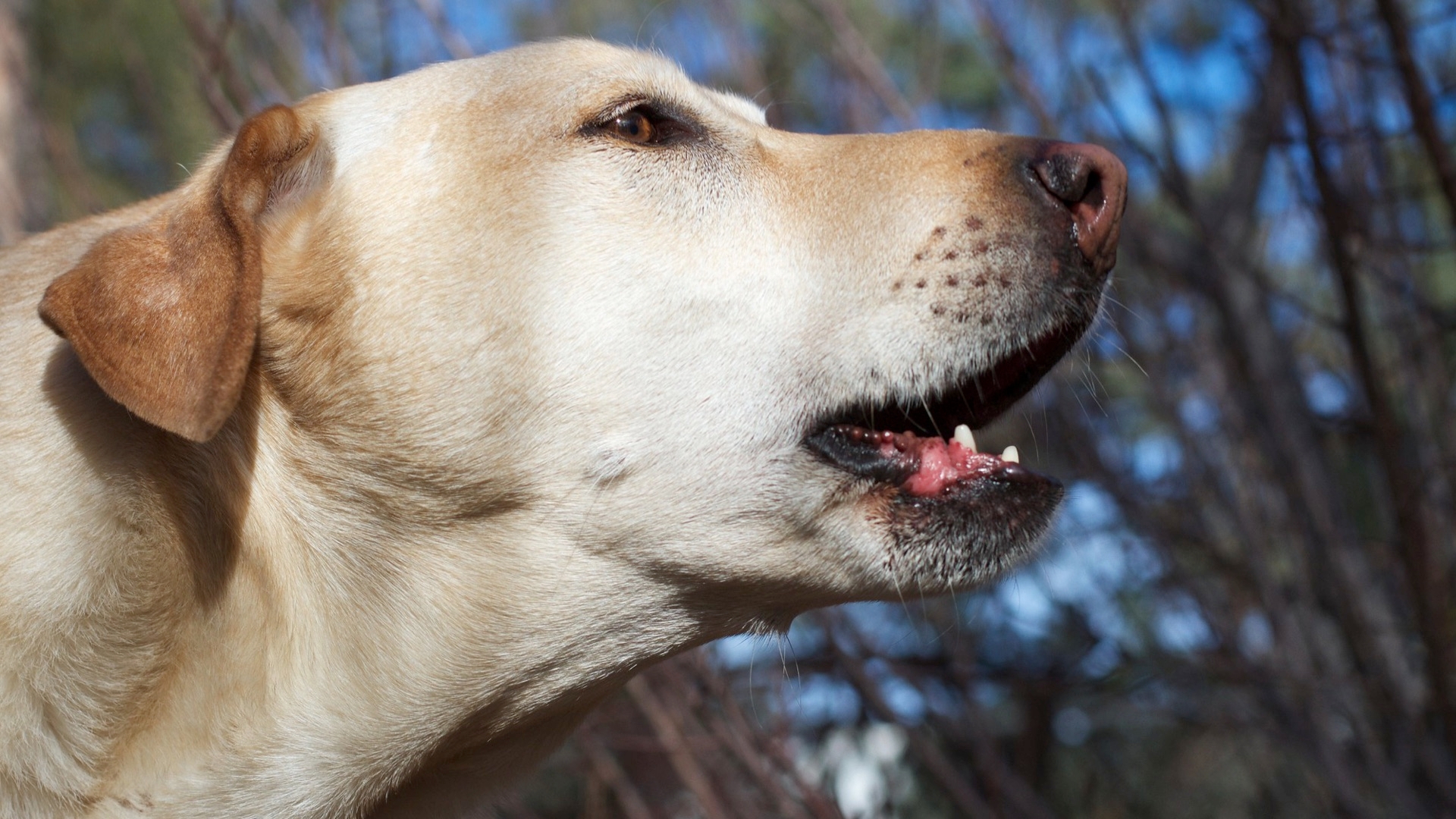Coping With Demand Barking:
Summary:
You have a demand barker. As soon as you put your dog's toy or treats away, she starts barking. The barking begins when you're on the phone, reading, or having a conversation during dinner. You've tried engaging her in play to satisfy her needs, you've increased her exercise, and still, the barking persists.


You have a demand barker. As soon as you put your dog's toy or treats away, she starts barking. The barking begins when you're on the phone, reading, or having a conversation during dinner. You've tried engaging her in play to satisfy her needs, you've increased her exercise, and still, the barking persists.
If this sounds like your dog, then it's possible that you've been accidentally rewarding this behavior. Looking at, talking to, or touching your dog is seen as a reward in their eyes. Demand barkers are great at picking up on patterns. If you're not consistent in ignoring the behavior, they will quickly learn that barking gets them the things they want. It is really important that you are fully committed to ending the cycle once and for all.
Recommendations:
Ignore your dog or leave the room completely if she is barking at you for attention. When the barking stops, return and ask her for a “sit” or another easy behavior. If she can do so without barking, reward her with the resource she seeks. If she starts barking again, walk away and ignore her.
Manage it. When you aren't in the mental space to train, give her something else to focus on. Give her a stuffed Kong or other long-lasting treat before you sit down to dinner, make a call or start reading. This will prevent her from practicing the behavior when ignoring the barking isn't an option.
Exercise/Enrichment. Make sure she's getting enough daily exercise and has opportunities to spend time with you. A bored or lonely dog will bark out of a desperate need for more connection.
Cue the start of a play/dog-training session. Say “let's play/train” and then start the game. When your dog tries to instigate play, ignore her. If she learns that only you can start games, then barking becomes irrelevant.
Teach an “all done” cue to signify that play/dog-training time is over. To teach it:
- Engage your dog in a game of fetch or their favorite activity.
- After a reasonable period, say “all done!” and put the toy away, out of sight, perhaps in a nearby cupboard.
- Give your dog a reasonable alternative that she can do by herself, such as emptying a stuffed Kong.
- Sit down and occupy yourself with something, such as reading a book, watching TV, or surfing the web.
- Ignore any attempts on your dog's behalf to re-engage you, such as going to the cupboard and barking or bringing you a different toy. Don't repeat your off-switch cue, just ignore.


